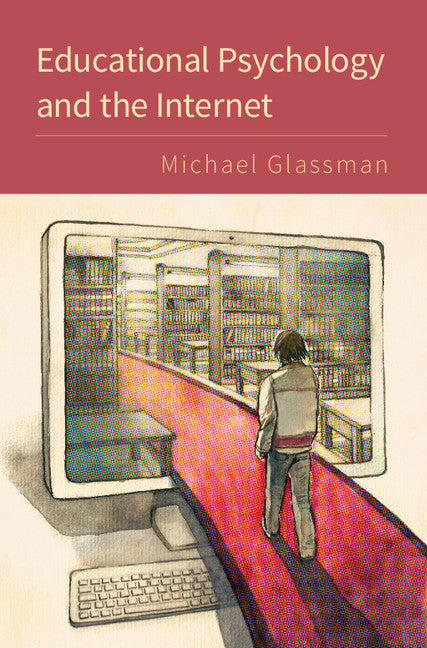Freshly Printed - allow 4 days lead
Couldn't load pickup availability
Educational Psychology and the Internet
The first comprehensive and accessible textbook to explore the history, research, issues and applications of Internet-infused education.
Michael Glassman (Author)
9781107479302, Cambridge University Press
Paperback / softback, published 9 February 2016
331 pages, 2 b/w illus.
22.8 x 15.3 x 1.9 cm, 0.48 kg
'Educational Psychology and the Internet is a text that would be most appropriate for educational psychologists and instructors interested in how to better structure their online learning environments to achieve student success.' Ngoc H. Bui, PsycCRITIQUES
The first comprehensive, research-based textbook on Internet-infused education, Educational Psychology and the Internet offers students an accessible guide to important issues in the field. Michael Glassman begins with an overview of the history that traces the evolution of the Internet and its significance for education. He outlines the current state of research, clearly defining terms that students will need to discuss larger concepts, such as hypertext and cyberspace. The second part of the book explores the practical applications of this research, which range from the individual-oriented to the generalized, including massive open online courses (MOOCs), open educational resources, and augmented reality. Key issues that affect teachers and students today, such as Net Neutrality and Creative Commons and Open Source licenses, are explained in straightforward terms, and often-overlooked differences - for example, between course management systems and learning management systems, and between blogs, social networking sites, and short messaging systems - are highlighted.
1. The Internet: it was always about education
2. Visions of intelligence in an interconnected world
3. Concepts of educational psychology applied to the Internet
4. Developing agency on the Internet
5. Online social engagement
6. The relationship between space and place in Internet-infused education
7. Open educational resources: how open is open?
8. Tools for a blended classroom
9. MOOCs, scalability, and other dangerous things
10. Open source educative processes.
Subject Areas: Internet & WWW industries [KNTX1], Educational psychology [JNC], Psychology [JM]


